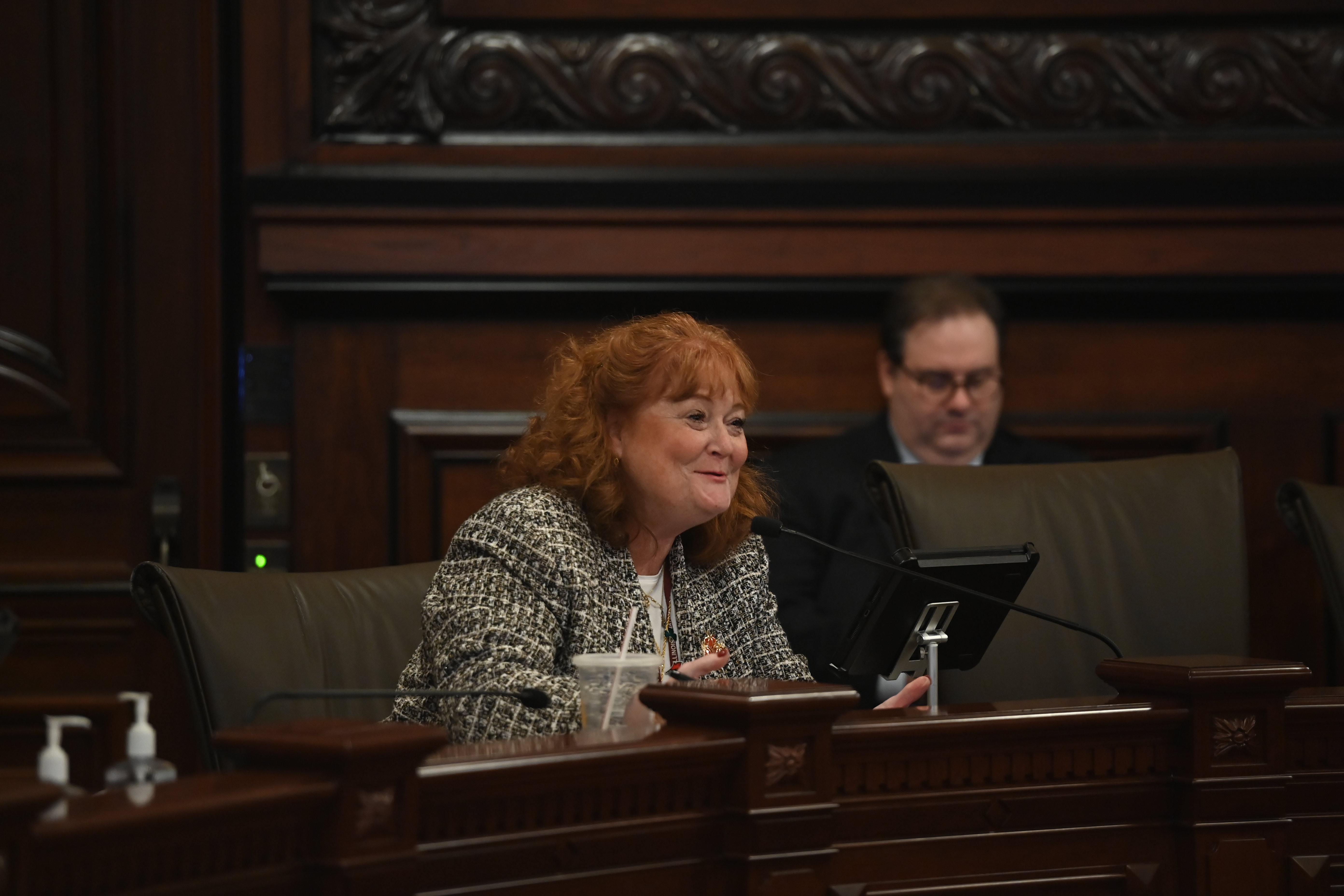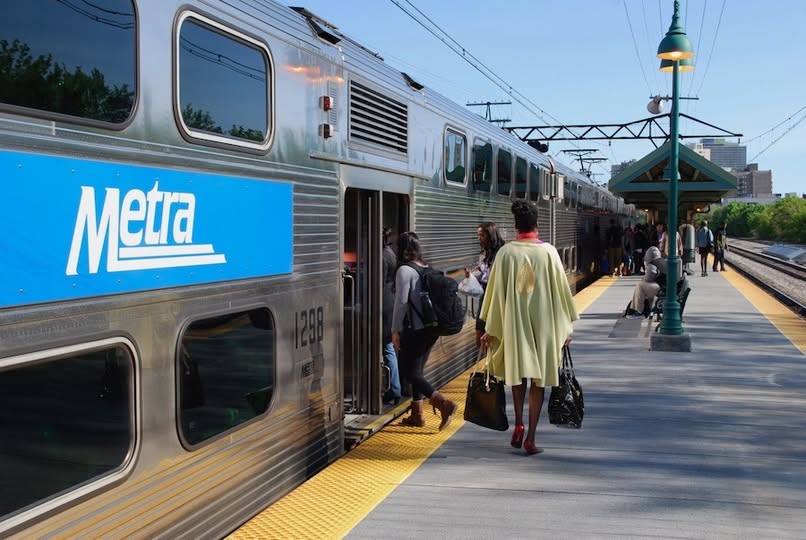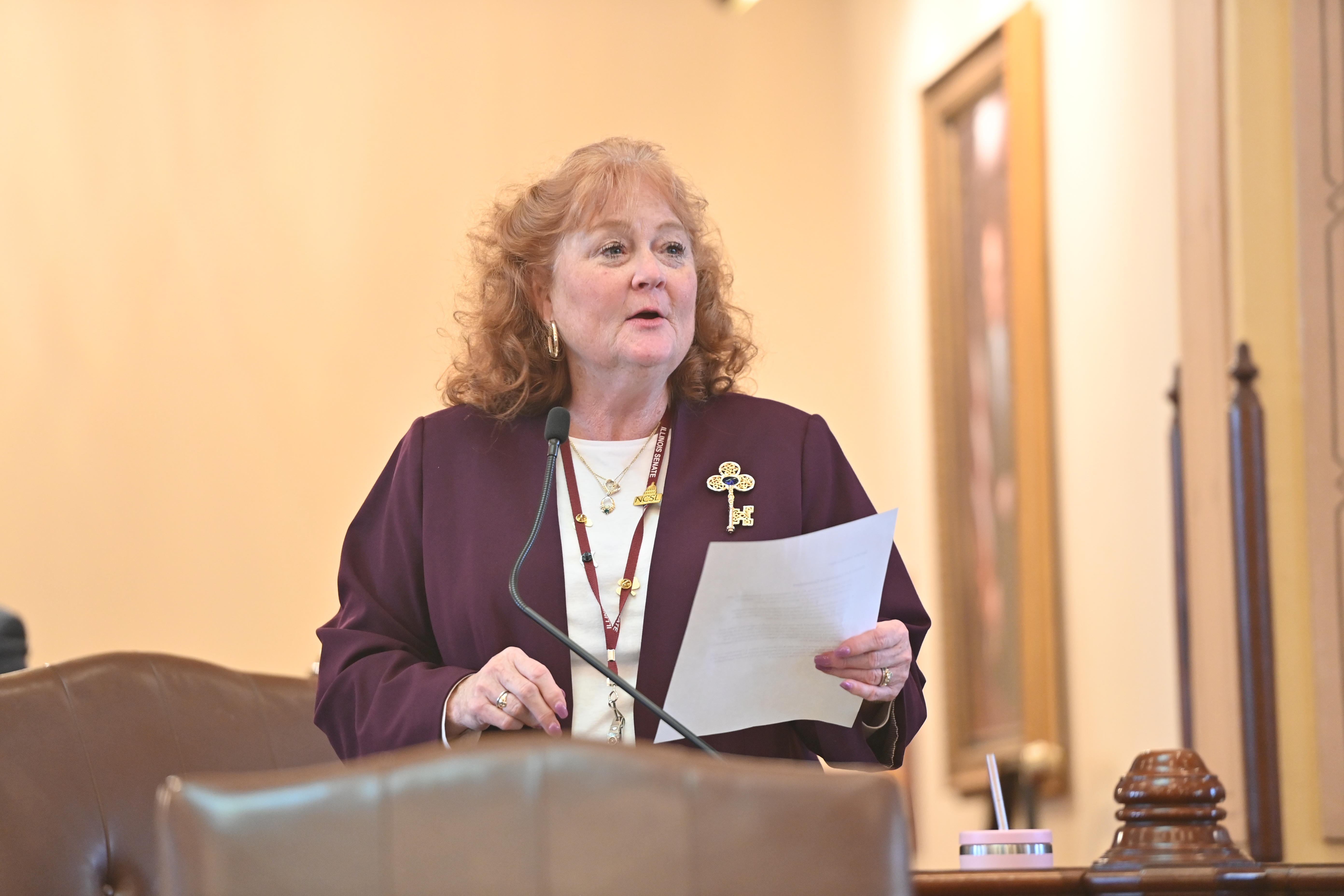Murphy supports legislation to give property tax relief for seniors
- Details

“Our seniors have to navigate plenty of unique challenges every day – property taxes should not add to that list,” said Murphy (D-Des Plaines). “This legislation expands the number of seniors who qualify for property tax breaks, ensuring they do not get priced-out of their homes.”
Read more: Murphy supports legislation to give property tax relief for seniors
Murphy announces annual holiday card drive for seniors
- Details
 DES PLAINES – State Senator Laura Murphy is continuing her annual holiday card drive to spread cheer this holiday season for residents at local long-term care facilities.
DES PLAINES – State Senator Laura Murphy is continuing her annual holiday card drive to spread cheer this holiday season for residents at local long-term care facilities.
“The holiday season is a great opportunity to spread joy and love to seniors living in our community,” said Murphy (D-Des Plaines). “Making these cards only takes a few minutes but can lift up someone’s day.”
Murphy is encouraging residents of the Northwest Suburbs to write handmade or store-bought cards to help bring joy to older adults who may be feeling lonely or isolated during the holidays. Children are also encouraged to participate.
Read more: Murphy announces annual holiday card drive for seniors
Murphy-supported transit measure to provide safe, modernized transportation for Illinoisans
- Details
 SPRINGFIELD— The Northern Illinois Transit Authority Act passed both houses this Friday, with support from State Senator Laura Murphy.
SPRINGFIELD— The Northern Illinois Transit Authority Act passed both houses this Friday, with support from State Senator Laura Murphy.
“This legislation is a huge step toward a safe, modernized and affordable transit system for residents in the 28th District and across the state,” said Murphy (D-Des Plaines). “Through these reforms, we are providing solutions to real problems that commuters face every day without increasing or creating new taxes on Illinoisans.”
Murphy secures over $80 million for infrastructure projects in the 28th Senate District
- Details

“Roads, bridges and pathways are essential to keeping our community vibrant and growing as they intersect with business, pleasure and recreation,” said Murphy (D-Des Plaines). “These projects will keep our transportation infrastructure safe and reliable for all.”
Read more: Murphy secures over $80 million for infrastructure projects in the 28th Senate District
More Articles …
Page 1 of 137








